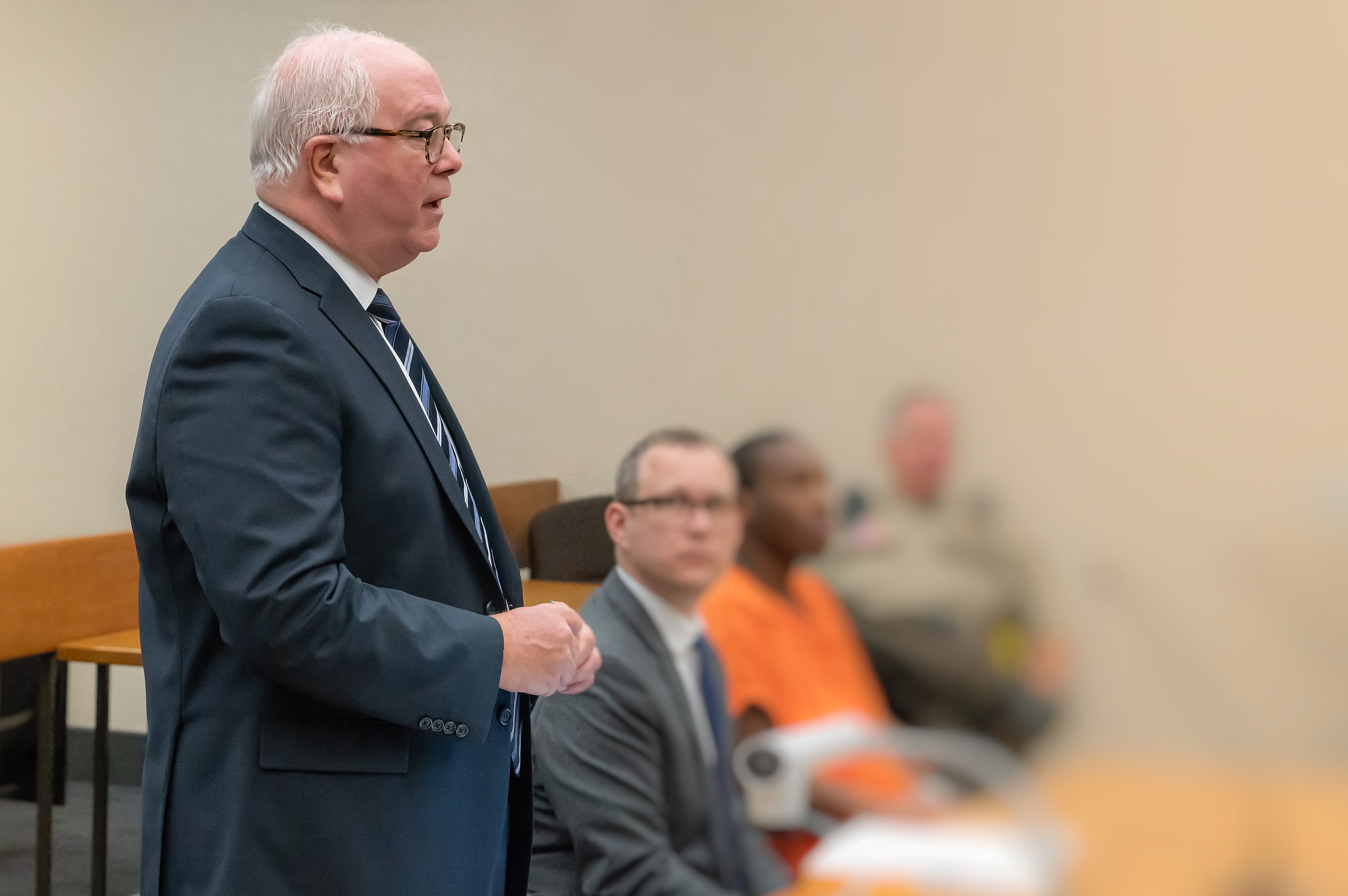Across the U.S., prosecutors and district attorneys are creating Conviction Integrity Units. In general, a Conviction Integrity Unit reexamines past convictions with questions over the defendant’s guilt or innocence. In addition to making sure people are serving prisons sentences for crimes they actually committed, these offices also identify areas where improvement is needed to avoid future mistakes.
As the Innocence Project explained in its Conviction Integrity Unit Best Practices, “it is admirable that district attorneys wish to create avenues to reinvestigate past cases that might have resulted in wrongful convictions or injustice….” However, because “[m]any of these offices are new,” most “operate according to their own set of internal guidelines” and don’t have good track records yet.
How does a Conviction Integrity Unit work?
Because Conviction Integrity Units are new and don’t have universal guidelines, it’s impossible to say exactly how each office works. But knowing how one office works may help you with another. Accordingly, this post will use the Conviction Integrity Unit for the U.S. Attorney’s Office for the District of Columbia as an example.
According to its website, “[t]he Conviction Integrity Unit for the U.S. Attorney’s Office for the District of Columbia investigates fact-based wrongful conviction claims presented by defendants who were convicted of violent offenses in the District of Columbia Superior Court or the United States District Court for the District of Columbia.”
So, if you want your conviction reviewed in D.C., you have to “contact the CIU and provide the defendant’s name, case number, year of conviction, and a description of the factual basis for the claim of actual innocence.” Additionally, “[i]f DNA testing is requested, the request should contain a description of the material to be tested and an explanation of how DNA test results will support the actual innocence claim.”
There are also five other “criteria for review” you must meet before “the CIU will investigate” your claim of innocence:
- “the claim of actual innocence must be predicated on a factual matter, not a purely legal issue,”
- “the claimant must proffer new evidence of actual innocence capable of being investigated and potentially substantiated,”
- “case records needed for re-investigation of the claim must exist and be available for review,”
- “the claim must not be frivolous, and”
- “the claimant must agree to cooperate fully with the Unit.”
As long as your claim meets these requirements, the office “will investigate the claim regardless of any potential procedural bars that exist to formal litigation of the claim.”

Where can you go for help with a wrongful conviction?
If your conviction is from the D.C. Superior Court or the U.S. District Court for D.C., you can contact the Conviction Integrity Unit for the U.S. Attorney’s Office for the District of Columbia as explained above. But, if you’re not in D.C., that doesn’t mean you’re out of luck. In fact, there are Conviction Integrity Units all over the U.S. Additionally, there is probably one near you or your family.
In general, to find a Conviction Integrity Unit, you can start by going to The National Registry of Exonerations. Their registry maintains two lists of Conviction Integrity Units: “CIUs with recorded exonerations, and” “CIUs with no exonerations recorded.” Conviction Integrity Units with recorded exonerations operate in the following states:
- California,
- Florida,
- Georgia,
- Illinois,
- Kansas,
- Louisiana,
- Massachusetts,
- Maryland,
- Michigan,
- Missouri,
- Nevada,
- New York,
- Ohio,
- Oregon,
- Pennsylvania,
- Tennessee and
- Texas.
Just because these states have offices with recorded exonerations doesn’t mean that the offices without recorded exonerations won’t be just as helpful.

The Takeaway:
For the past decade, prosecutors and district attorneys have started creating Conviction Integrity Units. So far, the work of Conviction Integrity Units in nearly 20 states have led to exonerations. Ideally, more will come. But, as the Innocence Project warns, “unfortunately there is little history, experience or research for prosecutors to draw upon in ensuring that these units operate effectively without overlooking past miscarriages of justice.”






